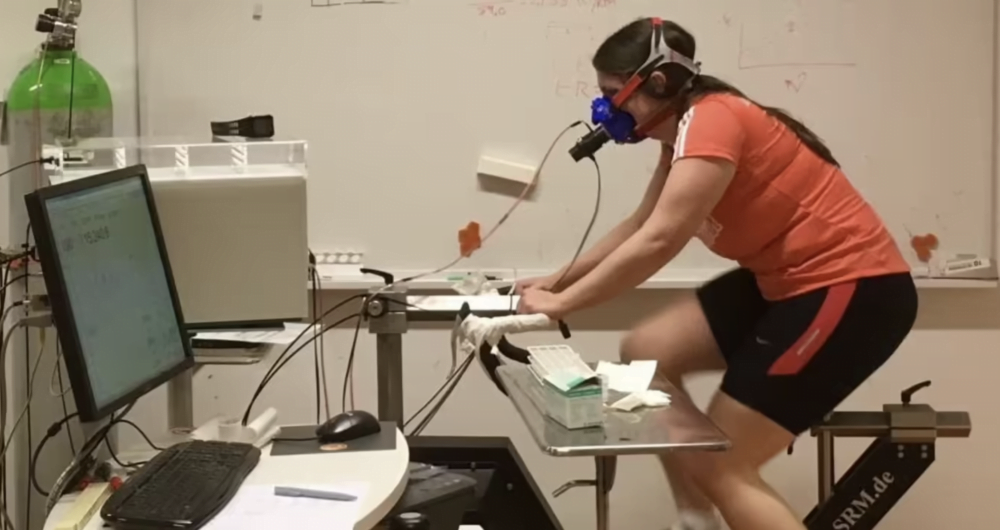In their new study, Svexa CSO Filip Larsen and colleague Mikael Flockhart have demonstrated that healthy people put through high intensity interval training (HIIT) displayed insulin resistance and mitochondrial dysfunction after working out excessively. This work forms the basis of svexa’s capability to detect overtraining in elite athletes.
As Shawna Williams discusses in this article in The Scientist, Larsen and his colleagues recruited 11 healthy young people and put them through a four-week, increasingly intense regimen of sessions on a stationary bike while monitoring their glucose tolerance and mitochondrial function.
In earlier ‘moderate’ weeks, a measure of metabolic efficiency known as intrinsic mitochondrial respiration improved over that time, as did physiological parameters such as oxygen consumption. That changed in the third week, designed to represent excessive training. After that, the subjects’ intrinsic mitochondrial respiration fell by an average of 40 percent, and the subjects’ glucose tolerance also dropped.
While most athletes will never put themselves in the extreme conditions of this study, it’s worth nothing even for the general population that there is an optimal point where training becomes counterproductive. Tools like svexa’s Athlete Passport can help pinpoint each individual’s response to training, and where their personal limits lie.
Read the article in The Scientist
Explore the scientific study in Cell Metabolism journal
Optimize your training with Ellida
Overtraining avoidance is just one component in Ellida, svexa’s adaptive training planning tool. Ellida uses your historic training data, for example uploaded from your training watch. Based on how you have responded to training previously, Ellida runs thousands of simulations of different training programs to create a program best suited for your unique physiology. As you start to follow the training program, subtle changes in how you respond to the training and how your recovery is going will adjust the training load daily, so you always get the best training suggestion that will allow you to reach your goal. Ellida is available now for licensing by sports tech companies, contact us for more details at info@svexa.com .

In addition to his role as svexa’s Chief Science Officer, Dr FIlip Larsen is Associate Professor, Swedish School of Sports & Health Sciences, and a Physiologist for Swedish National Orienteering Team.



